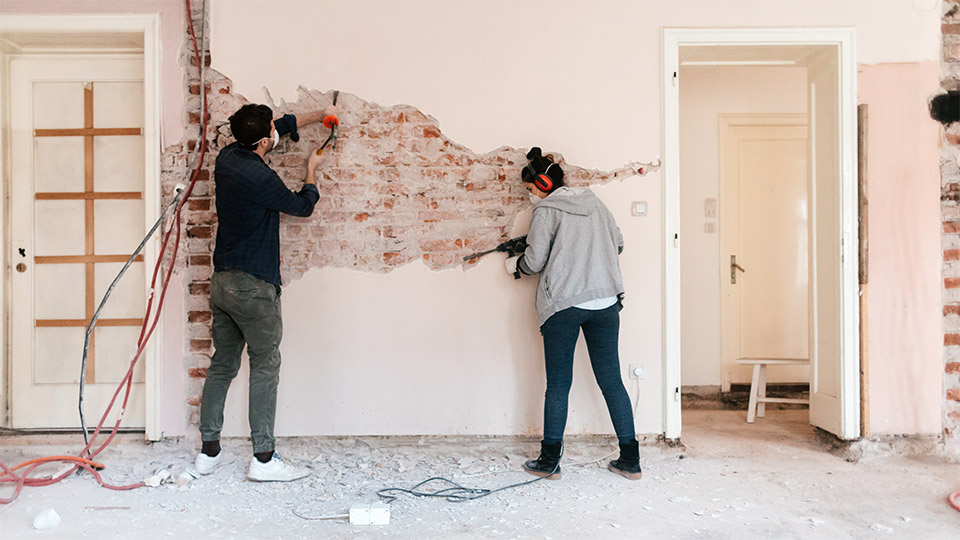July 6, 2020
Real estate and COVID-19: selling a tenanted investment property

When it is time to place your residential investment property on the market, it is important to consider whether to sell it tenanted or vacant.
There are numerous factors to weigh up such as how the tenant is presenting the property.
Being able to provide vacant possession is necessary to widening the pool of potential buyers and getting the best potential sale price for your property.
Should I sell my investment property vacant or tenanted?
Many vendors opt to leave the tenant in place during a sales campaign to not only generate income during the selling period, but also provide investor purchasers with income from the date of settlement.
If the purchaser is an owner occupier and the contract of sale provides that vacant possession is required, then it is essential that the vendor can provide vacant possession.
The consequences of not providing vacant possession where requested are substantial, as purchasers may refuse to settle and may even cancel contracts or seek damages if possession cannot be provided with 14 days.
How to provide vacant possession of your investment property
Prior to COVID-19, the process of providing vacant possession on a tenanted residential property was relatively simple.
So long as the settlement period allowed sufficient time to issue and serve the tenant with a notice to vacate, generally about 65 days, then a vendor would be reasonably confident in providing the purchaser with vacant possession.
The Residential Tenancies Act 1980 provides the grounds under which a notice to vacate can be served on a tenant.
A 60-day notice can be issued on the grounds that either the premises are to be sold or offered for sale with vacant possession or the premises have been sold, as long as the termination date specified on the notice does not reduce the fixed-term tenancy period.
It is also prudent to make an application with the Victorian Civil and Administrative Tribunal (VCAT) seeking an order for possession should the tenant fail to vacate by the required date.
COVID-19 rule changes for investment property landlords
It’s important to note that this process has changed because of the COVID-19 pandemic.
New laws prohibit landlords from issuing a notice to vacate on the tenant of a residential property for the six months from March 29, 2020.
If a landlord wishes to end the tenancy during this period, they will need to apply to the director of Consumer Affairs Victoria, who will decide whether there are sufficient grounds to do so and will provide a file number for the matter to be referred to VCAT.
VCAT will then make a decision based on whether it is reasonable and proportionate to end the tenancy and may issue an order for the tenant to vacate in 60 days.
The Real Estate Institute of Victoria (REIV) recently advised that they are currently receiving reports that VCAT hearing times are stretching out to almost eight weeks.
It is therefore highly unlikely that the vendor will be able to provide the purchaser vacant possession of the property by the time applications are approved by Consumer Affairs and VCAT.
Our advice is to avoid selling a residential tenanted investment property whilst the COVID-19 emergency laws are in place unless it is being sold subject to the tenancy.
Get expert property advice from LDB
The experienced real estate team at LDB provide professional, independent advice tailored to specific situations, in addition to a range of property services.
LDB offers property management services, owners corporation management and project management, as well as lease and tenancy negotiation expertise and advocacy for buyers and sellers.
For strategic property investment advice, give us a call on (03) 9875 2900 or send us details via the contact form below.





